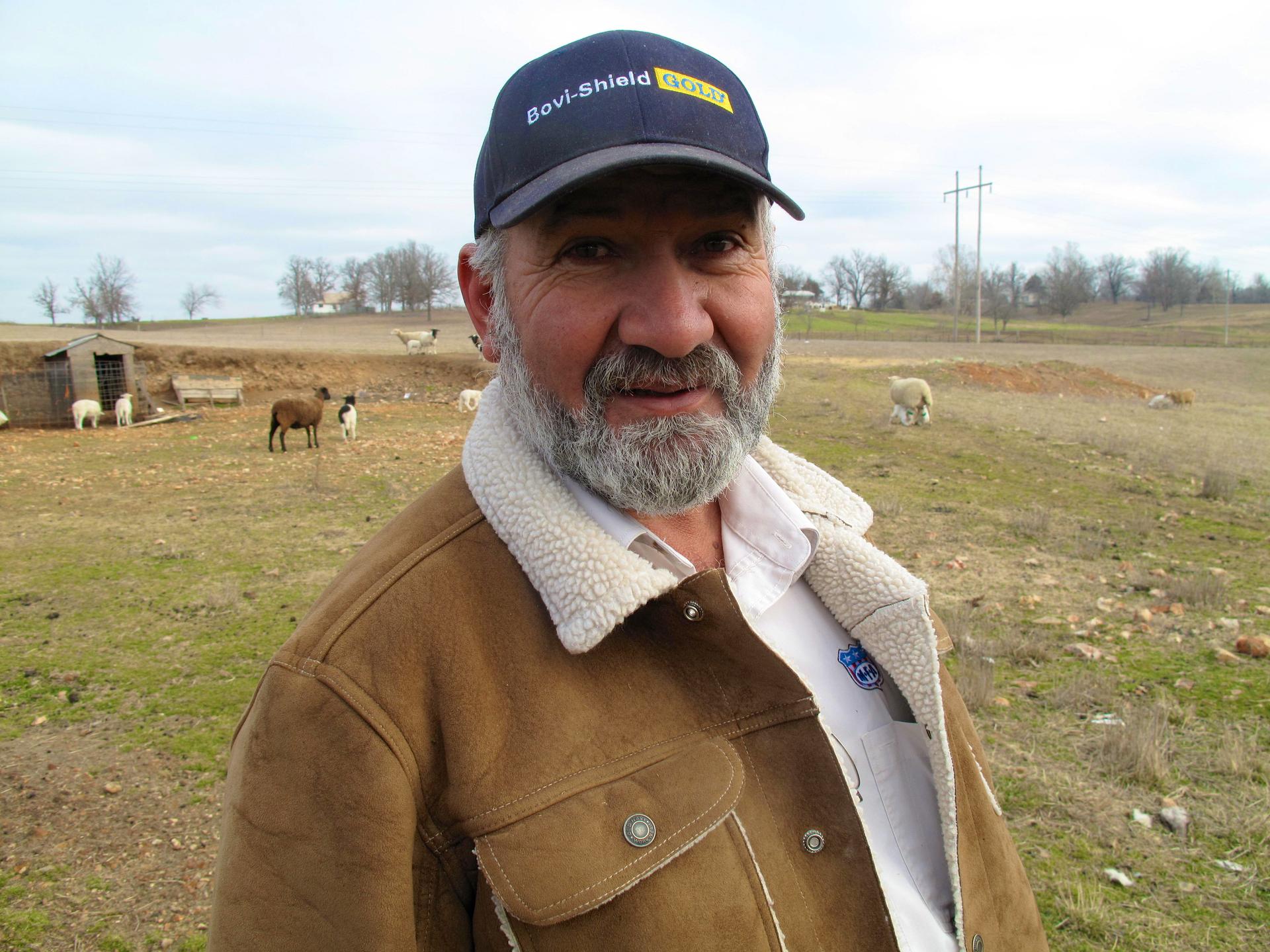Immigrant farmers breaking barriers in US midwest
Cirilo Salas, from Mexico, is a new farmer in Missouri.
In the Midwest, where the immigrant population has soared in recent years, Latino farmers are breaking through cultural and language barriers to operate their own farms. A new US government project is also supporting their efforts. Reporter Anna Boiko-Weyrauch reports on two immigrant farmers’ journeys.
Every evening after work, Antonio Barrido takes care of the kids. His goats, that is. Two of them just gave birth and Barrido is busy bottle-feeding. “Animals are beautiful,” he says.
It’s work that represents the start of a new life for Barrido, who is from central Mexico. For years he and his wife lived in California, where he worked at a restaurant. Then, a decade ago, the couple visited Missouri and never turned back. Barrido says that his wife embraced life here. It was calm, no traffic, no street gangs. Barrido started a Tex-Mex restaurant, but then sold it to pursue what he did in his youth: farming.
Today, Barrido is a budding cattle and goat farmer with more than 100 acres of land, and he represents an increasing number of immigrant farmers taking root in the Midwest.
Latino farm owners are not new in places like California and Texas. But not so in Missouri, where immigrant-led farms represent just a tiny slice of farms overall. The operations are mostly small, with many immigrant farmers still working a second job to get by.
But a pilot project launched in January, and funded by the US Department of Agriculture, aims to support aspiring immigrant farmers in Nebraska and Missouri.
“You’re seeing an aging population and a lot of the younger folks in the labor market who are interested in farming tend to be folks from Latin America,” says Stephen Jeanetta, an assistant professor of rural sociology at the University of Missouri Extension and one of the project’s organizers.
The project consists of Saturday workshops at a southern Missouri library, with trainers coaching farmers on making business plans, networking and applying for loans. Hopes are that some farmers will become leaders and pass along what they learn.
Farmer Cirilo Salas is one of the trainees. On a recent morning he delivers breakfast to his flock of sheep. He is a natural at it, having worked farms all his life, from childhood in Mexico. But keeping livestock in the US does differ from Mexico, he says.
In Mexico, Salas was accustomed to letting animals graze freely. There was more land. But in the US, animals are fenced in and Salas must buy feed. It’s pricey.
Two years ago, when a major drought hit the Midwest, Salas lost nearly everything and had to sell most of his flock. To get by, he started working full-time at a feed company. And while Salas is in the US legally, the idea of seeking out government help intimidated him.
Russ Neill hopes to close the gap. He is a USDA loan agent who helps farmers recover from bad weather and get loans for land and equipment. He is also part of the immigrant-training project, which points farmers to USDA loan applications and other material available in Spanish. Neill says too often the language barrier creates a distance between himself and Latino farmers. “It is certainly a little frustrating,” Neill said.
Immigrant farmers can also face discrimination. The USDA is now compensating women and Latino farmers across the country who can claim that they were unfairly denied loans at some point from the 1980s up until 2000.
For farmer Antonio Barrido, operating a farm is more than a business venture, it is a source of pride. He once picked fruit as a teenager in California. Now, middle-aged, he just bought a new tractor. He remembers when the tractor was delivered to his day job, at an autobody shop. When Barrido went out to sign for the vehicle, his boss looked shocked. “You’re the one who bought the tractor?” he asked Barrido.
As for farmer Cirilo Salas, he soon hopes to become his own boss and farm full-time. When that moment comes, he vows to throw away his watch and work according to the sun.
We want to hear your feedback so we can keep improving our website, theworld.org. Please fill out this quick survey and let us know your thoughts (your answers will be anonymous). Thanks for your time!
